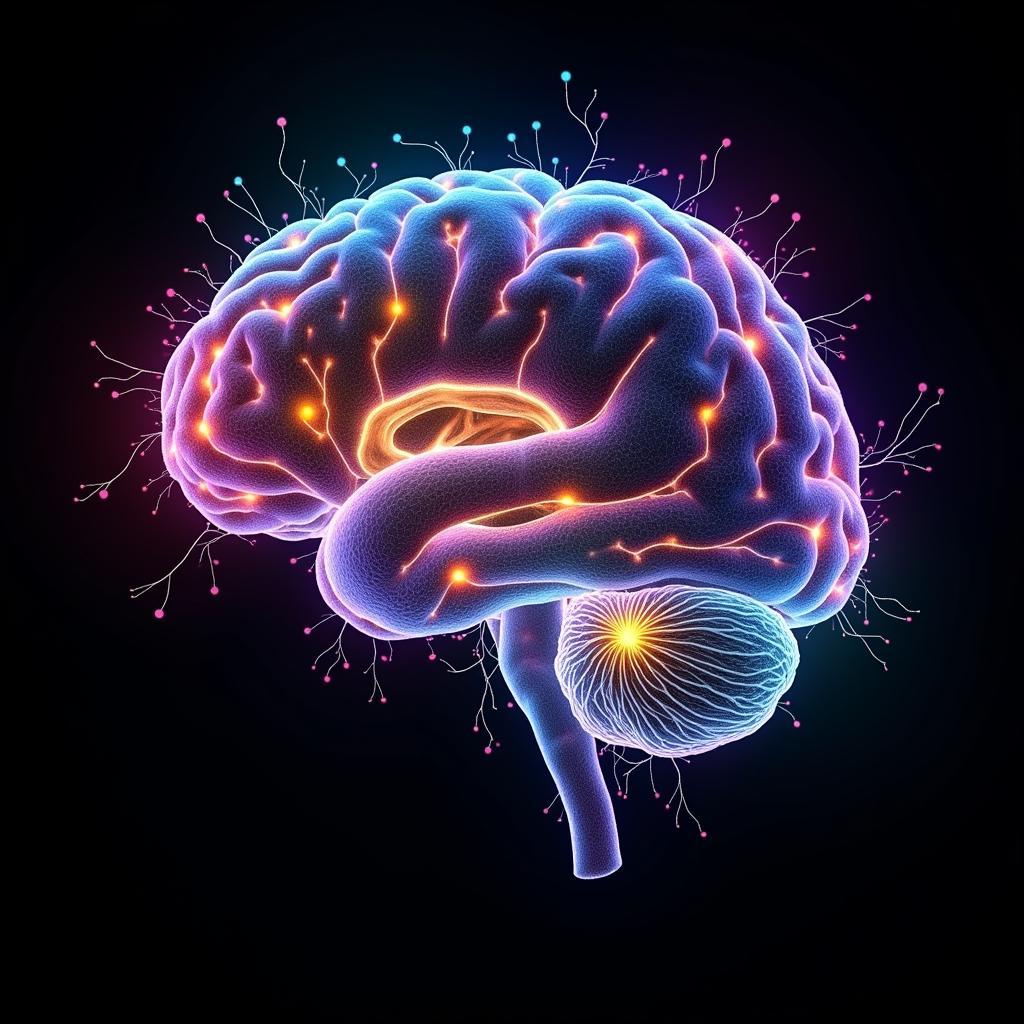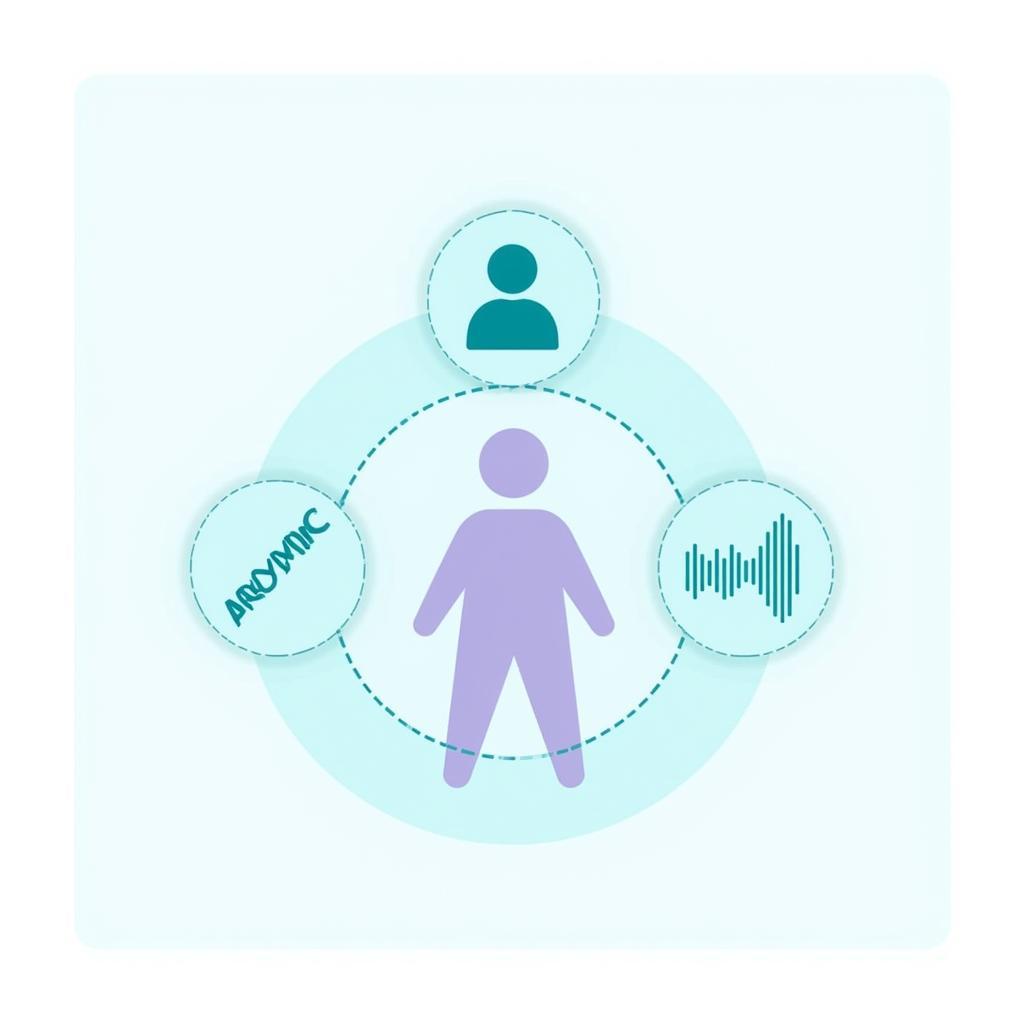Anesthesia research is a captivating field that delves into the very essence of consciousness and the complexities of the human brain. As we further our understanding of how anesthetics work, we open doors to not only improving surgical techniques but also to potentially unlocking the mysteries of consciousness itself.
Unraveling the Mechanisms of Anesthesia
While anesthesia has revolutionized modern medicine, the exact mechanisms by which it renders us unconscious remain a scientific puzzle. Current research focuses on several key areas:
-
Neurotransmitter Interactions: Anesthetics are believed to interact with various neurotransmitters in the brain, such as GABA and glutamate, to suppress neuronal activity. Understanding these interactions in greater detail could lead to the development of more targeted and effective anesthetic agents.
-
Brain Network Dynamics: Advanced imaging techniques like fMRI and EEG are providing insights into how anesthesia affects the intricate networks of the brain. By mapping these changes, researchers aim to pinpoint the specific brain regions and circuits responsible for consciousness and its suppression.
-
Genetic and Molecular Factors: Individual responses to anesthesia can vary widely. Investigating the genetic and molecular factors that contribute to these differences could pave the way for personalized anesthesia care, tailoring dosages and drug combinations to each patient’s unique profile.
 Exploring Anesthesia's Effects on the Brain
Exploring Anesthesia's Effects on the Brain
Emerging Trends in Anesthesia Research
The field of anesthesia research is constantly evolving, with new and exciting avenues of exploration emerging. Some of the most promising trends include:
-
The Role of the Microbiome: Recent studies suggest a potential link between the gut microbiome and anesthetic effects. Exploring this connection could lead to novel approaches for optimizing anesthesia and minimizing side effects.
-
Artificial Intelligence and Machine Learning: AI and machine learning algorithms are being applied to anesthesia research to analyze vast datasets and identify patterns that would be impossible to detect through traditional methods. This could revolutionize how we monitor patients during surgery, predict anesthetic requirements, and personalize care.
-
Developing Safer Anesthetics: A major focus of ongoing research is the development of safer anesthetic agents with fewer side effects and a more rapid recovery profile. This includes exploring new drug classes and innovative delivery methods.
 Tailoring Anesthesia for Individual Patients
Tailoring Anesthesia for Individual Patients
Addressing the Ethical Dimensions of Anesthesia Research
As we delve deeper into the mechanisms of consciousness and its alteration, it’s crucial to address the ethical implications of anesthesia research. Key considerations include:
-
Informed Consent: Obtaining informed consent from patients undergoing anesthesia for research purposes presents unique challenges, as they are not fully conscious during the procedures. Developing ethical guidelines for consent in this context is paramount.
-
Patient Privacy and Data Security: Anesthesia research often involves collecting sensitive patient data, including medical history, genetic information, and brain imaging data. Ensuring the privacy and security of this data is crucial.
-
Animal Welfare: Animal models play a vital role in anesthesia research. Ethical considerations include minimizing animal use, ensuring humane treatment, and adhering to strict animal welfare regulations.
The Future of Anesthesia Research: Unlocking Mysteries and Improving Lives
Anesthesia research holds immense promise for advancing our understanding of consciousness, developing safer and more effective anesthetic agents, and ultimately improving patient care. As we continue to explore the frontiers of this fascinating field, we can expect groundbreaking discoveries that will shape the future of medicine and our understanding of the human mind.
Frequently Asked Questions (FAQs)
1. What are the biggest challenges facing anesthesia research today?
One of the biggest challenges is understanding the complex interactions between anesthetics and the brain. Another challenge is developing personalized anesthesia strategies that account for individual patient variability.
2. How can I get involved in anesthesia research?
Opportunities to participate in research vary depending on your background and interests. Contacting universities, hospitals, or research institutions with dedicated anesthesia departments is a good starting point.
3. What are the long-term implications of anesthesia research?
Anesthesia research has the potential to lead to a deeper understanding of consciousness, new treatments for neurological disorders, and improved pain management strategies.
4. Is it safe to participate in anesthesia research?
All research studies involving human subjects must undergo rigorous ethical review to ensure patient safety. If you’re considering participating in a study, discuss any concerns you have with your doctor or the research team.
5. What are the potential risks and benefits of new anesthetic agents?
New anesthetic agents have the potential to offer advantages such as faster onset, fewer side effects, and a more rapid recovery. However, as with any new medication, thorough research and clinical trials are essential to evaluate both risks and benefits.
Need Support?
Contact us today!
Hotline: 0904826292
Email: [email protected]
Address: No. 31, Alley 142/7, P. Phú Viên, Bồ Đề, Long Biên, Hà Nội, Việt Nam
Our dedicated team is available 24/7 to assist you.